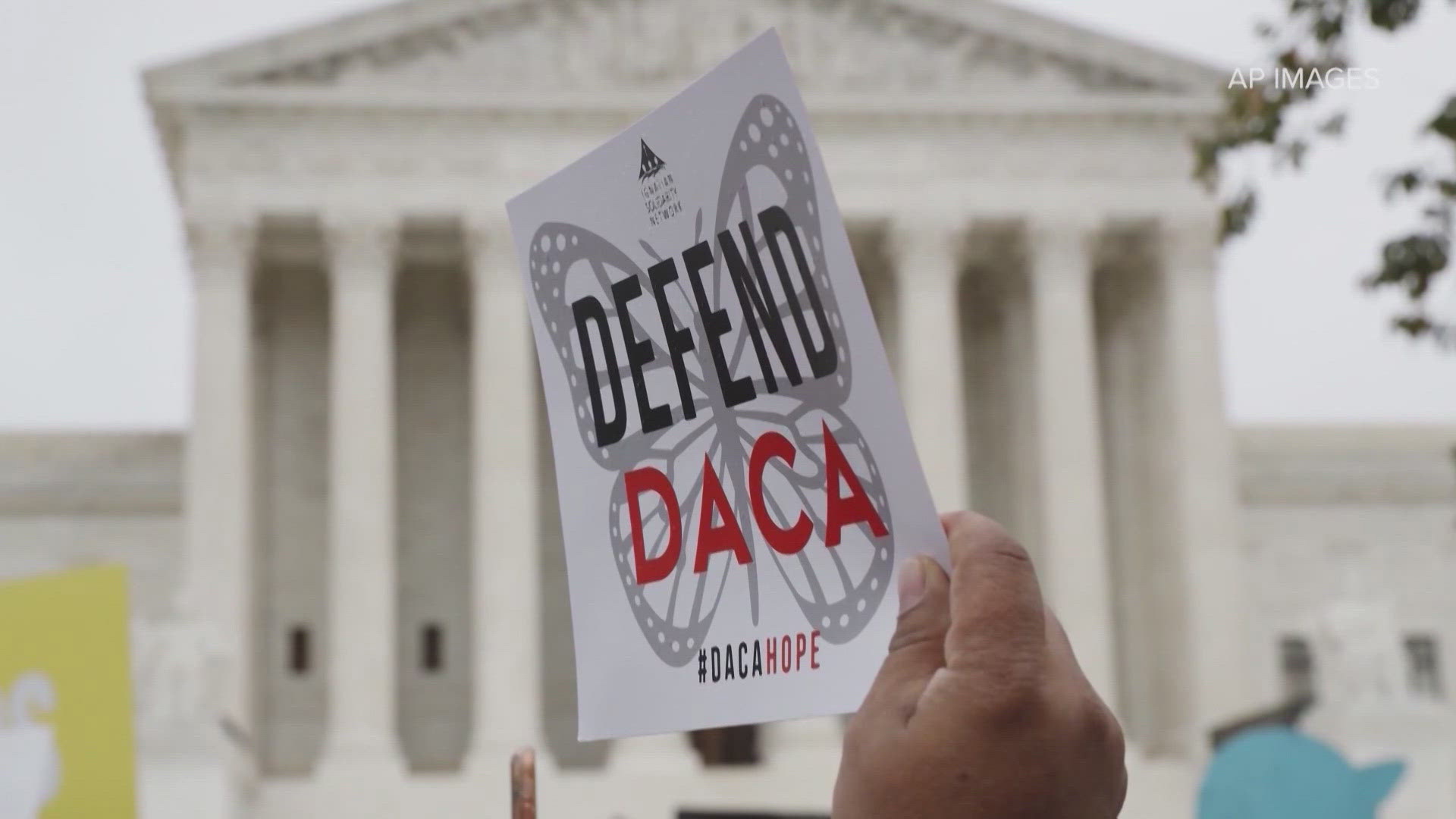SAN ANTONIO — President-elect Donald Trump has vowed to implement a mass deportation program, sparking questions and fear among many across the U.S., including in Texas.
On Sunday, Trump announced on social media that Tom Homan will serve as the administration's "border czar." Homan worked as the former acting director of U.S. Immigration and Customs Enforcement (ICE).
While there’s still much uncertainty surrounding the true impact on immigration policy in the coming years, legal experts such as Carlos Castañeda have been preparing for the potential big picture.
“I need to emphasize: This is not just going to affect people here that are undocumented, this is not just going to affect people who are currently in an immigration proceeding. This is also going to affect lawful residents seeking some type of immigration relief, maybe citizenship or maybe renewal of their green card,” Castañeda said.
The San Antonio-based immigration attorney, alongside his colleagues, has talked with numerous clients who are wondering what the consequences could entail for their particular cases.
“Each individual is different," he said. "In many of these cases I say, 'Don’t worry, this isn’t going to derail anything in your case,'" Castañeda said. “I emphasize to people that the congressional statutes on which the majority of cases are decided, those have not changed. Those will not change unless there is a change in legislation in Congress.”
Castañeda anticipates certain immigration policies from the first Trump administration to return.
During Trump's first term, the standards for assessing asylum claims were reduced by denying protections for domestic violence victims from foreign nations. That policy was reversed when Joe Biden took office.
Estefany Torres and one of her siblings make up more than 90,000 recipients of the Deferred Action for Childhood Arrivals program (DACA).
Torres and her sister, who are about to graduate from the University of Houston, worry about the future as it relates to mass deportations.
“This is a country we know. This is all we know,” Torres said. “We have family here, we have friends here, we have cemented our roots in this country.”
In 2017, Trump attempted to end the Obama-era DACA program with then-Attorney General Jeff Sessions arguing it was illegal and unconstitutional. But the Supreme Court rejected the claim in a 5-4 vote in 2020.
The prospect of a second Trump administration trying again to end DACA and deporting millions of undocumented immigrations has Torres concerned, but ready to fight.
“If you’re a criminal or not, the fact that you’re undocumented, that puts you on the target," she said. "We’ve done this before. We are very prepared to confront (these) Draconian policies.”

